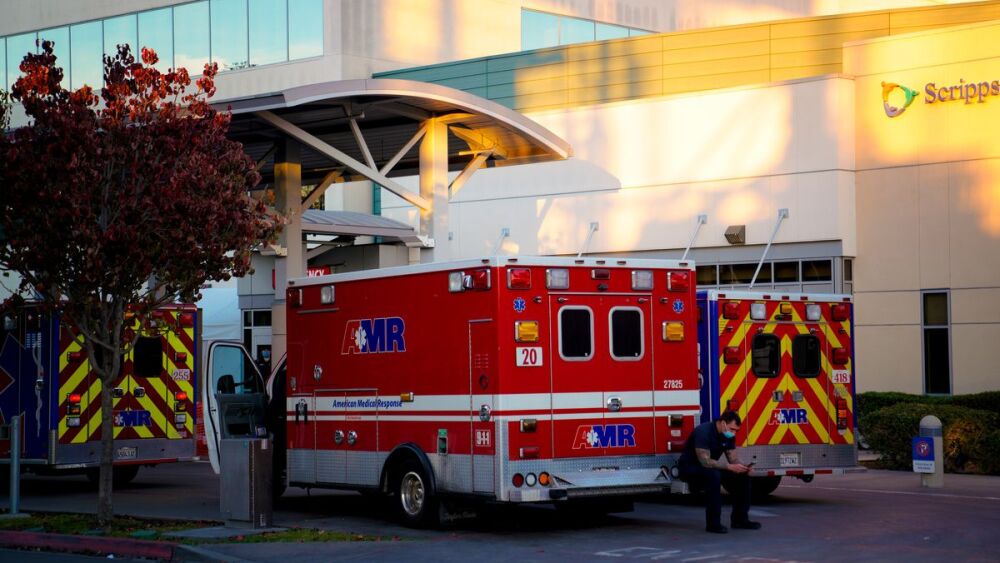LAS VEGAS — EMS personnel face unique occupational challenges, including the risk of assault from patients, family members and bystanders. In a presentation at EMS World Expo, Brian Maguire, PH, MSA, EMT-P, explored a multifaceted approach to violence prevention.
Memorable quotes
Following are memorable quotes from Dr. Maguire.
- “We respond to people in the worst moments of their lives. An assault against us is one of the worst moments in our lives.”
- “If our life is at risk, our partner’s life is at risk or our patient’s life is at risk from some violent person, we should feel we can take our self-defense into our own hands and stop that person.”
- “It’s not part of the job – it shouldn’t be part of the job – and we have to report it.”
Top takeaways
With violent attacks against medics rising, Dr. Maguire shared insights into how to protect providers in the field.
“We can take control of our own risks and reduce our own risks,” he shared, pointing to success stories in which EMS organizations have identified a risk to providers (e.g., ambulance crashes) or the community (e.g., pediatric drownings), and implemented strategies to reduce the risk.
Following are the top takeaways from the presentation.
1. Diversify training
Dr. Maguire identified four different types of perpetrators who assault healthcare providers:
- Those with no association to the organization (e.g., a person who steals drugs from the ambulance)
- A customer or patient (e.g., a patient, a patient’s family member or a bystander)
- A current or former employee (e.g., someone who has been fired)
- Someone with a personal connection to the victim (e.g., a former spouse, partner)
These scenarios require different types of prevention, Dr. Maguire stressed.
Similarly, different groups of people are at different risk levels, he noted, sharing female providers are assaulted more frequently than male providers. If one group has different risk than another, when thinking about interventions, can’t use the same for everybody, he said. This also means these cases are not random – or males and females would have the same risk. Therefore, we can predict and prevent these assaults.
2. Agency violence prevention strategies
Dr. Maguire shared four Es agencies can use to prevent violence against providers:
- Education. Training in de-escalation, self-defense, situational awareness
- Engineering. Equipment, e.g., body-worn cameras, ballistic vests, pepper spray, chemical sedation, electronic tracking, easier reporting methods
- Enactment & Enforcement. Judicial penalties, dispatch policies, on-scene safety policies, agency policies, collaboration with law enforcement, community awareness
3. Personnel safety tips
Dr. Maguire encouraged attendees to regularly attend training and shared safety tips, including establishing a phrase to cue other responders to a threat. An innocuous flag phrase, for example, “Can you give me a hand with the blue bag,” can signal to your team that your safety is in danger, and to leave the scene.
4. Research needed
One barrier to reducing attacks against EMS personnel is the lack of published research into violence prevention. While many agencies with the best of intentions have tried different interventions, without publishing the results of their efforts, it leaves others reinventing the wheel, trying strategies that might have little benefit, Dr. Maguire stressed.
A long-term solution to violence must be evidence-based.







